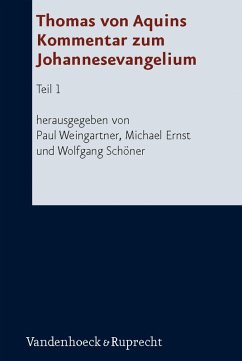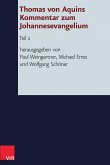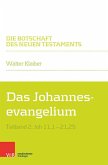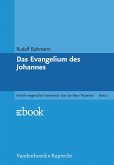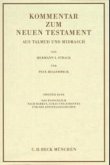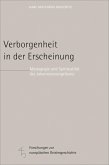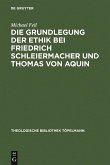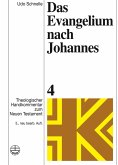The commentary of Thomas Aquinas on the Gospel of John is a masterpiece of Christian exegesis. According to Otto Hermann Pesch, who translated and edited several volumes of the German edition of Thomas Aquinas, this commentary immediately preceded his development of Christology in the Summa Theologiae and represents Thomas at the pinnacle of his exegetic skills. His take on the Gospel begins with a systematic ordering of what the Evangelist intended and how he went about realising it. Based on this framework he then provides the various interpretations, for example, factual-historical ones concerning aspects of the Jewish religion and everyday life, the topography of the Holy Land, the meaning of certain names of towns and persons or the chronology of the events in the life of Christ. Thomas always attempts to find explanations for the differences present in the other Gospels. Further, especially in the first 11 lectiones, he refers to Aristotle and many questions with philosophical implications (for example, of the meaning of the term "word" - logos). Next, Thomas relates the verse from the Gospel in question to other Biblical and non-Biblical texts. He also devotes much effort to the disputes going on with the heresies, which he attempts to refute by showing the contradiction in their arguments with the Bible.
Dieser Download kann aus rechtlichen Gründen nur mit Rechnungsadresse in A, B, BG, CY, CZ, D, DK, EW, E, FIN, F, GR, H, IRL, I, LT, L, LR, M, NL, PL, P, R, S, SLO, SK ausgeliefert werden.

